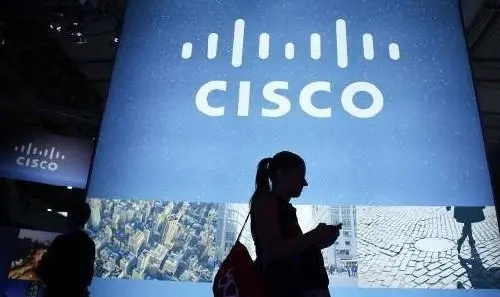Title: The zacaton sinkhole picturesPower of Game Karma: How Video Games are Shaping RealLife Ethical Choices

ned significant attention, prompting questions about how video games influence reallife ethical choices. With the rise of virtual worlds and immersive experiences, many wonder if the consequences of our actions within these games have a lasting impact on our behavior in the real world.
One of the most ssing questions surrounding game karma is whether virtual consequences translate into reallife consequences. Do the choices we make in video games, such as helping others or causing harm, affect our moral compass in the real world? Researchers have found that there is a correlation between ingame behavior and reallife ethical choices, suggesting that virtual experiences can indeed shape our behavior.
For example, studies have shown that players who experience positive interactions with others in a game, such as teamwork and cooperation, are more likely to display prosocial behavior in real life. Conversely, those who witness or participate in negative behavior, like cheating or violence, may be more prone to engage in similar actions outside the virtual realm.
Another question that arises from the concept of game karma is how developers can design games that promote ethical decisionmaking. Game designers are increasingly incorporating moral dilemmas and complex storylines into their games, allowing players to make choices that have significant consequences. By providing players with a variety of scenarios and outcomes, developers can encourage critical thinking and empathy.
A notable example of this approach is the game The Last of Us Part II, which sents players with difficult decisions that can lead to both positive and negative outcomes. The games narrative explores themes of revenge, love, and sacrifice, forcing players to consider the moral implications of their actions. This immersive experience has sparked discussions about the importance of ethical choices and the impact of game karma on players.
Moreover, the concept of game karma extends beyond individual behavior to the broader implications of game culture. As players share their experiences and discuss the consequences of their actions, they contribute to a collective understanding of what constitutes ethical behavior. This shared knowledge can have a ripple effect, influencing players decisions in future games and beyond.
One player, Alex, shares his perspective: Playing games like The Last of Us Part II has made me more aware of my actions. I realized that the choices I make in the game can have reallife consequences. Its been an eyeopener and has inspired me to be more considerate of others in real life.
ses important questions about the influence of video games on reallife ethical choices. As developers continue to explore the potential of virtual worlds, it is crucial to consider how these experiences can shape our behavior and promote ethical decisionmaking. By creating games that challenge players to think critically and consider the consequences of their actions, we can foster a more compassionate and responsible gaming community.